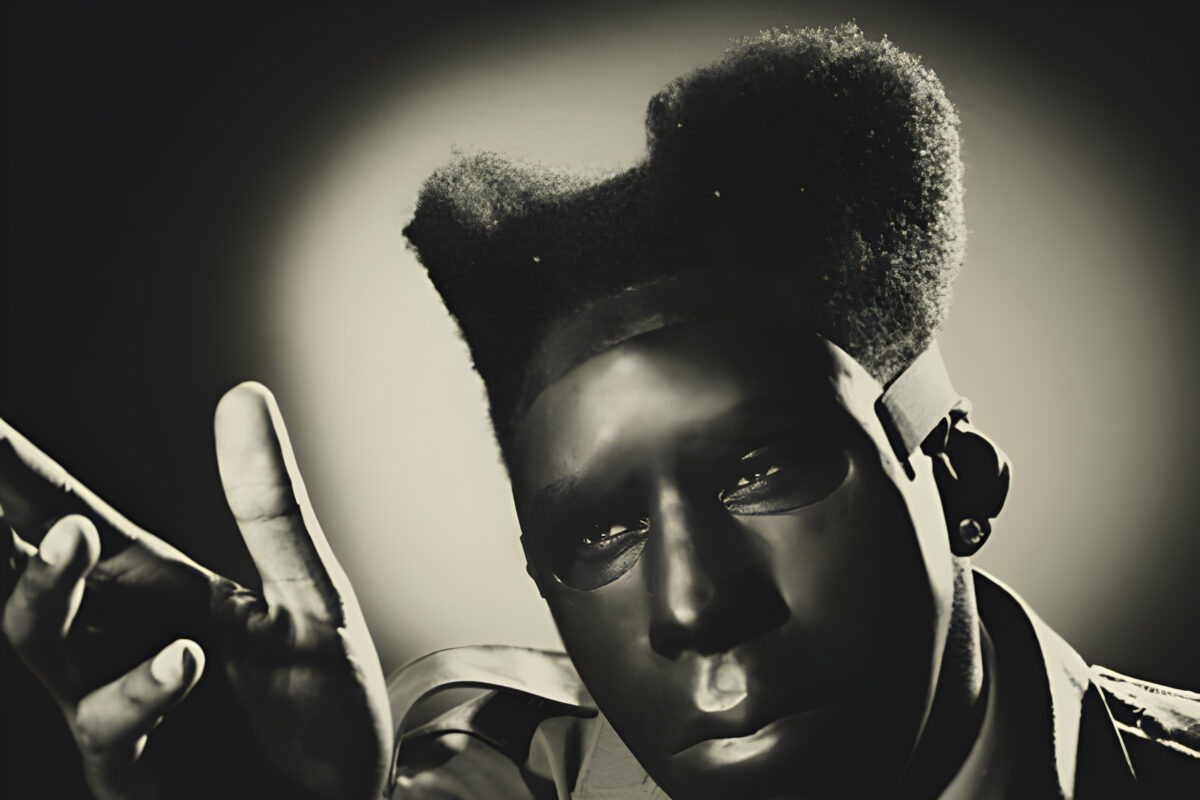Released: 2024
“Darling, I” by Tyler, The Creator, featuring Teezo Touchdown, dives deep into the complex nature of love, commitment, and individual fulfillment. Tyler reflects on the notions of everlasting love versus his personal belief that forever might just be “too long.” He explores themes of infidelity, monogamy, and self-acceptance while underlining a candid exploration of his desires and contradictions.
The hook of “Darling, I” is repetitive yet profoundly significant. Teezo Touchdown’s echoing lines, “Darling, I keep (keep falling in love),” highlight the continual, cyclical nature of falling in love, suggesting a repetitive loop of emotions. It’s both a yearning and a surrender to these feelings that, despite their predictability, always feel novel.
The opening lines delivered by Tyler strike a bold caution against insincere declarations of love: “Whatever you do, don’t ever tell no bitch you love her, if you don’t mean it.” Here, he’s addressing the dangers of misleading expressions of love. He stresses authenticity in relationships, underlining the chaos and hurt that can arise from dishonest emotions.
As the verse unfolds, Tyler delves into the inherent paradox of love’s permanence. The metaphor “they wanna tie me down, that bondage might just break” conveys his internal struggle with commitment and permanence. His rhetorical question, “Just how long is forever?” echoes throughout, emphasizing his disbelief in eternal bonds and portraying them as a stifling force.
Tyler’s references to luxury cars—Bimmer, LaFerrari, and Rolls Royce—paint a picture of his opulent lifestyle, but they also serve as a metaphor for his varied desires. Just as he loves different cars for their unique qualities, he conveys a similar outlook on relationships. This juxtaposition of material possessions and emotional experiences illustrates his philosophy that not everything, including love, needs to be singular or lifelong.
When he claims, “monogamy, that shit is not for me,” Tyler expresses his conviction that a single romantic commitment is inadequate to satisfy his needs. He points out the restrictive nature of societal norms around relationships, choosing instead to embrace multiple connections. This notion challenges traditional views on love and fidelity, advocating for personal exploration and satisfaction.
In a vulnerable admission, Tyler questions the expectation of obtaining everything from one person. He confesses, “T is not perfect,” exposing his imperfections and seeking understanding of why one individual should meet all emotional and experiential needs. His reflections illustrate the internal conflict of longing for something meaningful while grappling with personal and relational limitations.
Tyler speaks on the importance of moments, both meaningful and transient. His line, “Life is short, but forever is so goddamn long,” contrasts the fleeting nature of life with the daunting concept of “forever.” By expressing his affection for various partners, he captures a sense of present enjoyment and appreciation without the constraints of traditional relationship boundaries.
The theme of music as his true love emerges, as Tyler confesses that “nobody can fulfill me like this music shit does.” This line highlights his unwavering passion for music, suggesting it fills a void that personal relationships can’t. His statement “I’ll be lonely with these Grammys” further emphasizes that despite the acclaim, the solitude persists, revealing his ambivalence towards both career success and personal relationships.
The outro with Teezo’s words, “Transparency is key, be honest,” serves as a poignant reminder to maintain sincerity in all relationships. The closing sentiments echo the earlier messages about honesty and personal freedom. Tyler and Teezo advocate for openness, embracing the myriad experiences and connections life has to offer without forcing permanence, celebrating love in all its forms, no matter how ephemeral.








